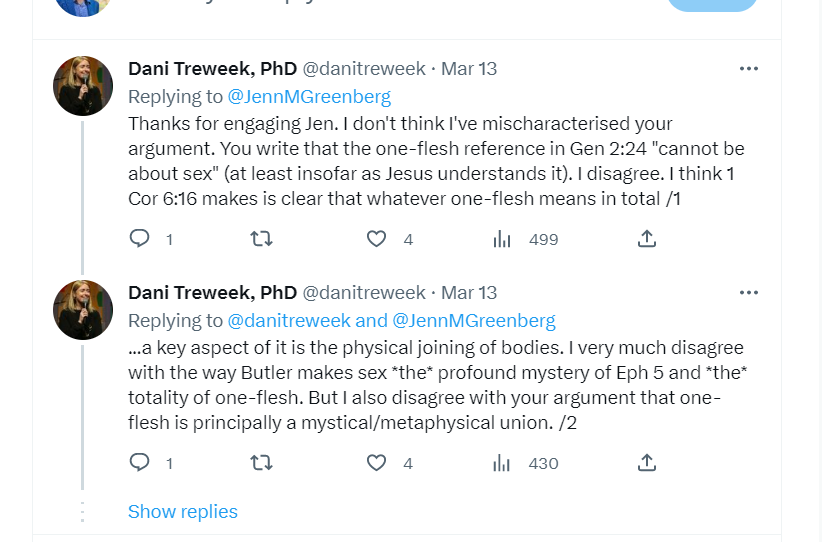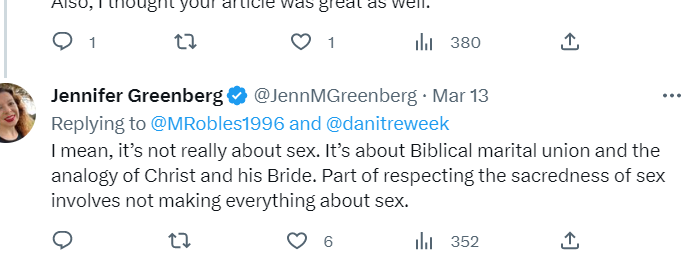March 19, 2023
Twitriol
In a recent Substack article, famed New York psychologist and academic, Jonathan Haidt, showed conclusive evidence that the rapid rise in anxiety among Gen Z is directly linked to the widescale uptake of social media platforms in 2012.
Faced with growing assertions that the levels of anxiety among younger generations was down to “bad politics” coming from the right (Trump et al), Haidt’s article goes a long way to debunking the “correlation” conclusion, that says that the rise in mental health issues, particularly among liberal-leaning teen girls in the West, is a separate story to social media. After all, we’ve had six or seven decades of “media consumption is bad”, yet here we all are. Or all were, until 2012, when things really ramped up.
But this is not about the Instagram and TikTok that is being consumed, and in turn consuming, our young people. It’s about the Twitter world that seems to be consuming so many of our older people; our older educated people. And in recent weeks, just watching on, it’s been disturbing to see Twitter reveal what people are truly like.

And what Christian people are truly like too.
I coined a term which I love: Twitriol. Twitriol is that special invective reserved for the platform in which we scorn, abuse, gaslight, objectify, refuse to engage critically with, and give people as little leeway as possible. And all in the name of something, something like truth-telling or truth-seeking, or putting the story straight. Or whatever.
I use Twitter but rarely because I see how it works. And how it works on us. I’m listening to the podcast The Witch Trials of JK Rowling, and it’s astonishing hearing the deep, eviscerating hatred dealt out on the platform. The level of Twitriol is disturbing. If “out of the abundance of the heart the mouth speaks”, then so too out of that same heart “the twitter tweets”. At least we know now, if ever we needed to be convinced, that the post-religious world was never going to be the dogma-free world we were promised. The loss of a vengeful God simply meant that we outsourced vengeance – to ourselves.
Perhaps there will be a podcast called The Witch Trials of Josh Butler at some stage, I dunno. Now I’m not excusing the article that was posted on TGC’s site, nor am I saying that the whole Christian publishing industry doesn’t need to take a good, long look at itself. But the scorching dished out to Butler was at times disturbing (post your protest here about how disturbing the article was etc, etc).
Leaving all of the poor theology, possibility of abuse being excused aside, the inept manner in which the editing and reviewing process was carried out, along with TGC’s fudged attempt at recovery, the Christian Twitter responses were something else. By something else, I mean they were sub-Christian. Now so was Josh’s article. When it was first sent to me by someone in the UK, I wrote back “Is this satire?” I genuinely meant it. But alas, not it was not.
Two things at this point. Not all responses to Butler were Twitriol. The admirable Australian scholar Dani Treweek, posted an excellent series of tweets in which she dismantled the excerpt from Butler’s book with a great distinction. And without rancour, anger, outrage – confected or otherwise – or personal slander.
In other words, a rarity. Interestingly when Dani Treweek’s response to an article countering Butler by Jennifer Greenberg, (published by TGC Australia, after TGC withdrew their initial offer to Greenberg to publish), pushed back on some of Greenberg’s own assertions, things also got a little heated. Not from Treweek – she is Ms Irenic on Twitter. But it’s interesting how heated things got on Twitter – and so quickly – even in this post-Butler exchange.
Here are screen shots of the ensuing conversations (albeit without all sub-replies). And it involves another woman writer I admire, Bethel McGrew, who would hold to a more conservative stance that perhaps Greenberg or Treweek.




I hope you notice what’s going on. Leaving aside all of the too-ing and fro-ing about what sex constitutes within marriage, there was a comment by Bethel McGrew (agree with it or not), that Jennifer Greenberg immediately pounced on in what can only be described as Twitriol.
Given her generally good article on TGCA, and given her intention to come at this with a scholarly mind (which should involve the ability to take critique and take it publicly if you publish for the public in response to something as public as Butler’s article), Greenberg went for the Twitriol fairly quickly. How else would you describe “That’s a take I never expected to see someone shameless enough to publish in print. Absolutely disgusting.”
Quite apart from what seems a rather brittle response to Dani Treweek (who was gracious, yet incisive theologically and biblically), the response to Bethel McGrew simply amps up the Twitriol. If we can’t stop ourselves from going from zero to one hundred degrees within two tweets, then perhaps we should rethink Twitter. That response sullies the good work of the article, and points to a brittleness that refuses to allow a fairly scholarly piece to be critiqued by other scholars. If you have to go to Twitriol off the bat, then you are not ready for the Christian public square of scholarly debate.
Or rethink ourselves. One thing that Twitter has shown up about our modern culture is just how much a honour/shame culture the post-Christian world is. As opposed to a guilt/forgiveness culture. The main reason people double down on Twitter is to defend their honour, knowing that the only alternative is shame, a shame that does not get removed. Twitter intends to shame you off the platform. It’s more a case of you self-cancelling (hello Josh Butler, or perhaps goodbye), than it is you being cancelled.
Now honour and shame are indeed things that need to be taken into consideration, but we’re very much in a setting in which all ideas of guilt that, when confessed, can lead to forgiveness, have gone out the window. Even secular writers such as Douglas Murray have noted this. The safety net of forgiveness that the gospel gave to us is draining away quickly. And it’s never been present on Twitter.
And many Christians are proving how they’re not all that much different really. When I was younger for some reason I liked Christian rock music (can’t think why!). And I’d go into a Christian book and music store, and look through the cassettes. And many of them had stickers on them that said “Sounds like….” and would list the non-Christian bands that this particular bunch of eager Christian musicians based their sound on.
Well Christian Twitter should have a sticker on it that says “Sounds like..”
Sounds like non-Christian honour/shame, only the Christianised version.
Sounds like non-Christian abuse, only without the sweary words.
Sounds like non-Christian confected outrage, only with some holy words.
Sounds like a non-Christian social media swarm, only it’s a Christian one.
Sounds like non-Christian cancel culture, only with some theological qualifications as to why.
Sounds like non-Christian Twitriol, only it’s Christian Twitriol.
You get the picture.
If Christian Twitter is just the “Sounds like…” of non-Christian Twitter then we need to rethink it. Or we need to rethink ourselves. For it seems to me that the all-too common Christian reflex is a shame/honour one and not a guilt/forgiveness one. I genuinely think that’s true. I genuinely think that despite our vocal assertions to guilt/forgiveness as our life pattern, our social media lives betray what our functional life pattern is on a daily basis – shame/honour.
Josh Butler has come off everything. He self-cancelled. He did so after a complete scorching from Christian Twitriol. The critique was warranted (hello Dani Treweek et al), but the fact that he has sunk below the surface simply shows that he knows full well that the Christian social media world does not operate in terms of guilt/forgiveness. He knows that what Douglas Murray asserts about the post-Christian world of shame/honour, is also true of the Christian world.
I’ll leave the last word to the admirable John Dickson, who always conducts himself with Christian dignity on Twitter. John observed that the article was poorly thought through and the process was not good. But then he said “I hope someone is caring for Josh Butler right now.” or words to that effect. John Dickson can manage, like Dani Treweek, to completely disagree with someone, without feeling the need to shred them or catastrophise his response to them.
It makes me wonder how Christians will ever be able to reach non-Christians with the gospel, when they can barely cope with internal conflict among without tearing each other apart. Maybe the reason we’re seeing little fruit for the gospel in the West is that God doesn’t trust us with people he wants to save just yet.
Of course here we are a couple of weeks later, and the Twitriol response, of course, is “Josh who?” Because that’s how Twitriol works. The swarm moves on, bringing the shame/honour template with it. The only question is: “Who’s next?”
Written by
There is no guarantee that Jesus will return in our desired timeframe. Yet we have no reason to be anxious, because even if the timeframe is not guaranteed, the outcome is! We don’t have to waste energy being anxious; we can put it to better use.
Stephen McAlpine – futureproof
Stay in the know
Receive content updates, new blog articles and upcoming events all to your inbox.


